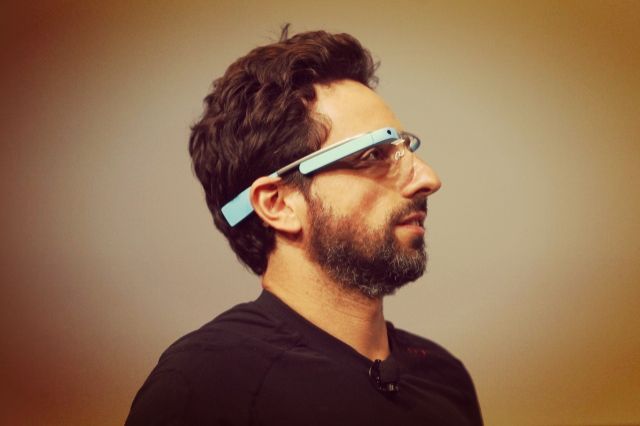The Persuasive Power Of Technology
Organisations are getting smarter about technology and the ways it can be used to persuade people. In a world overflowing with information to know how to persuade others is definitely important. The following video, done by the Educative channel of TED, explains what are the six universal Principles of Persuasion that have been scientifically proven to be the most effective based on the research in Dr. Cialdini’s groundbreaking book, Influence.
Writing for the MIT Technology Review, Nanette Byrnes (2015) has assessed this subject in depth connecting it to technology. We are often completely unaware of the kind of information that technology collects. For example, writing on the topic of GSN Games as an example, Byrnes argues that the company collects all kinds of information from phones and other devices. This reveals to them:
“…everything from the time of day they [customers] play to the type of game they prefer to how they deal with failure.”
This leads the organisation to be able to evolve the game to meet the needs of the user. In fact, it is explained how within a period as short as five minutes the same game would differ for two separate users, based on the needs of the different players. This is not all the organisation does. It is allegedly also able to encourage people to play for longer by being able to tell when people are getting tired from the ways in which they interact with the screen. This helps GSN Games to be able to determine when people will lose interest, enabling them to present a new game to the person before that time. The benefit of doing this for the organisation is that it can make more money from advertising the longer that a person is playing the game.
It is explained that the concept of using computers, mobile phones, websites and other technology to persuade people regarding both their behaviours and attitudes is not particularly new. It is argued that this was first proposed in the 1990s, and was called “persuasive computing”. However, this is just the start, and companies today have gone way further than the initial ideas envisaged. Organisations are able to use these technologies that record customer behaviour to create products that do persuade customers, but at the same time help customers to create new habits that are beneficial for the organisation. This uses inputs from psychology to understand the habits of people and look at how choices are made.
Some other organisations are also explained to be making headway in this area. For example, Expedia is working to create a website design that encourages people to go to it on a daily basis. Meanwhile Jawbone is focused on building in functionality that uses the science of how the brain gets people to respond. Jawbone does this by sending messages to people wearing their fitness trackers. This has been used in a positive way to encourage a greater degree of movement and more sleep in these individuals – overall, beneficial for health. Another organisation named Rocket Fuel is argued to be comprised of people that understand game theory and predictive modelling. The company devises how to decide on the best advertisement that will be displayed to customers that are looking at specific web pages. This work reviews a variety of different information related to the IP address of the shopper, including the history of purchases, browsing and accounts on other websites. This is reportedly leading to a massive increase in the ability to target advertisements to attract consumers.
Some of this may sound a bit sinister and focused entirely on increasing the profits of organisations, but that is not entirely the case. Arguments have been made that there are benefits for consumers too. Some of the suggested benefits relate to the fact that when marketers know customers better they are able to provide better and more appropriate offers to them. This stands to benefit not just the organisation but also the customer who will get the most interesting offers to them delivered directly to them.
All of this draws into question what governments are doing about the data that is being gathered. In the European Union there is legislation about what companies can and cannot gather and store about consumers. There are also laws in other countries regarding this. However, one of the problems with that is that governments also use “behavioural persuasion” for their own benefit. Additionally some of these areas can be quite difficult to regulate because the persuasion is almost invisible. If it cannot be seen, it may be hard to regulate against. This leads to the suggestion that requiring transparency and disclosure from organisations could be the best approach. Alternatively requesting a sign in could be another approach. Either way it is likely that this type of information gathering and persuasion is likely to continue.
Read More:
small business chaallenges owners will face 2024

Paula Newton is a business writer, editor and management consultant with extensive experience writing and consulting for both start-ups and long established companies. She has ten years management and leadership experience gained at BSkyB in London and Viva Travel Guides in Quito, Ecuador, giving her a depth of insight into innovation in international business. With an MBA from the University of Hull and many years of experience running her own business consultancy, Paula’s background allows her to connect with a diverse range of clients, including cutting edge technology and web-based start-ups but also multinationals in need of assistance. Paula has played a defining role in shaping organizational strategy for a wide range of different organizations, including for-profit, NGOs and charities. Paula has also served on the Board of Directors for the South American Explorers Club in Quito, Ecuador.


























